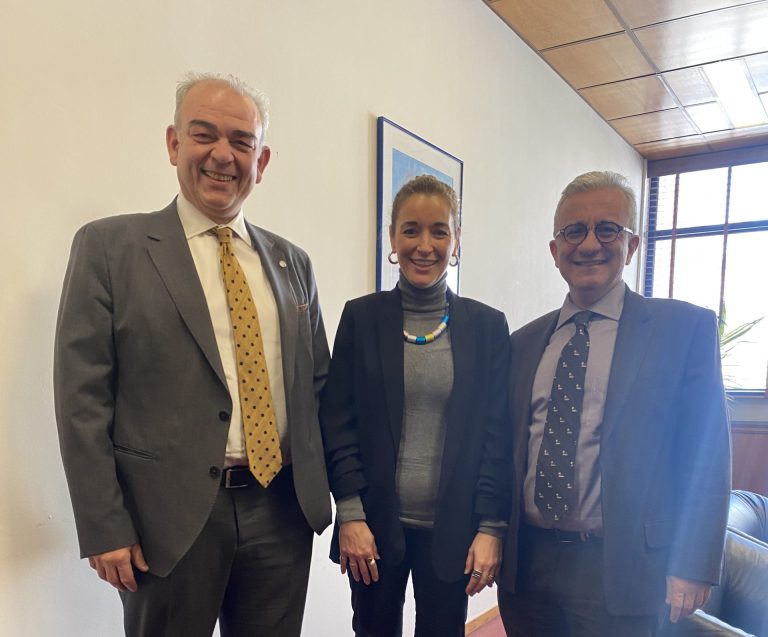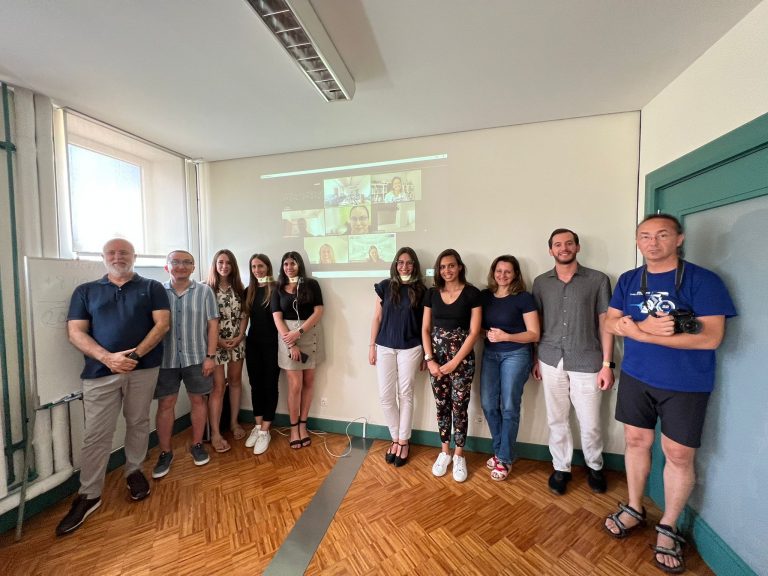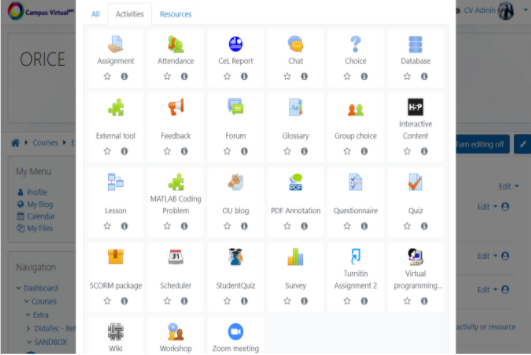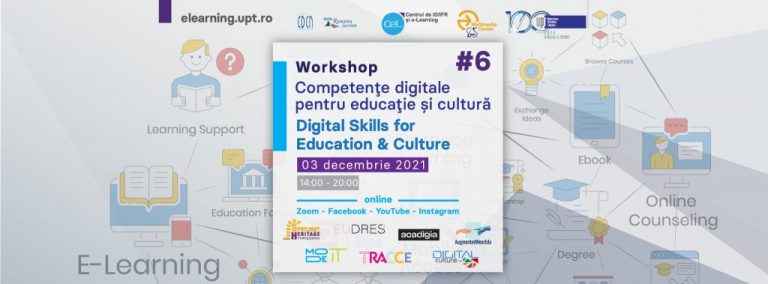Since March 2020, HEI and students have experienced the most extensive pilot of “smart education”. The isolation imposed by the Covid-19 pandemic forced universities to quickly equip themselves with tools for enabling Distance Learning (DAD). In this sense, technological resources permitted the application of E-learning platforms to disseminate distance learning.
In this field, a survey consisting of seven open-ended questions was posed to a sample of 20 Italian HEI students, aiming to evaluate distance learning from the students’ perspective.
Findings showed that DAD is not universally recognized as a positive experience, as used in its literal meaning. The need from the students’ point of view is a natural integration of in-presence and virtual teaching. In this sense, the best solution would be a blended learning approach to empower the soft skills needed to deal with the challenges of the current scenario without completely replacing traditional teaching.
Although school is first a place where students connect with other people, they believe that pursuing an E-learning experience can be beneficial for the following four reasons:
- Asynchronous mode allows a more careful review of the missed or misunderstood lecture.
- Lecture hours could be lightened and better distributed.
- The so-called “lifelong learning” could enhance skills and knowledge through continuous self-orientation and (self-)education throughout life.
- Information technology should extend the education right to all regardless of age, geographical location, working and non-working, students living abroad, and many others.
In conclusion, the evaluation of the E-Learning system in industrial engineering in Italy shows that DAD is no longer meaningful and comprehensive to denote distance learning because it implicitly proposes the idea of physical remoteness, missing the relationship of visual and auditory reciprocity. On the other hand, E-Learning makes it possible to recompose the “classroom” using virtual presence: you feel as if you are in the classroom interacting with classmates and teachers through innovative tools.
As a result, from the point of view of Italian HEI students, E-learning is not about the content of teaching (which remains the same as in-presence teaching) but instead the modality of management, transmission, control, and evaluation of an innovative teaching process.








